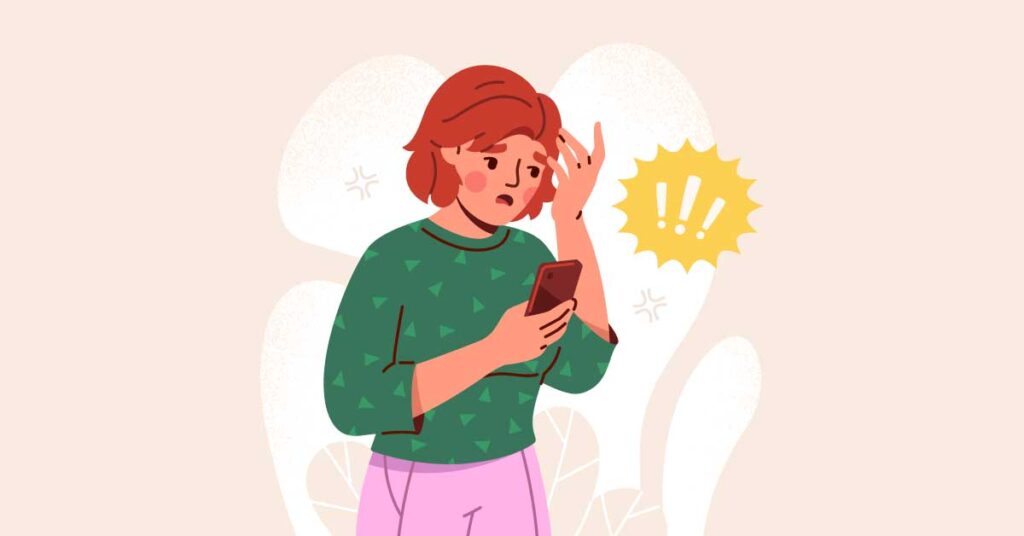Explore some of the most popular teletherapy platforms and their features, and learn what to look out for when choosing a platform for your treatment.
Teletherapy is an incredible innovation that’s made mental health care more accessible and affordable. If you’re considering enrolling with one of the most popular teletherapy platforms, either in addition to face-to-face therapy or as an alternative to it, it’s a good idea to research your providers carefully so you can feel confident that you’re getting quality care and your personal data is safe and secure on your chosen platform.
A Comparison of Popular Teletherapy Platforms
Let’s take a look at some of the most popular teletherapy platforms and how they compare to each other:
| BetterHelp | Brightside | Talkspace | |
| Video Calling | Yes | Yes | Yes |
| Phone Support | Yes | No | No |
| Text/Chats | Yes | Yes | Yes |
| Prescriptions Available | No | Yes | No |
| Insurance Accepted | No | Yes | No |
| Financial Assistance Available | Yes | No | No |
| Price | From $65 per week | From $75 per week |
From $65 per week
|
Talkspace is a popular therapy app that has partnerships with many universities and large employers. It offers a choice of video sessions (capped at 30 minutes duration) and unlimited messaging. Psychiatric appointments cost extra, but psychiatrists can make diagnoses and prescribe medication.
BetterHelp offers individual and group sessions. Clients can’t choose their own therapists, but they can switch therapists at any time if they’re not happy with the one they’re assigned. BetterHelp’s therapists can’t prescribe medication, and the company doesn’t accept insurance. However, financial help is available for low-income individuals, and the platform offers LGBTQ+ and faith-specific counseling services, which makes it stand out in a crowded marketplace.
Brightside offers 30-minute appointments with psychiatrists who can make diagnoses and prescribe medication. Video calling is available, and clients can also use a text chat feature for asynchronous communication. The platform doesn’t support voice-only calls.
Features to Consider When Choosing a Platform
There’s not a lot of difference between the best teletherapy apps. When you’re deciding which to use, a lot of the decision will come down to personal preference and whether you like the therapist you’re matched with. Of course, you’ll also want to consider factors such as pricing, how flexible appointments are and how easy the app or website is to use. Let’s consider some of those issues in turn.
Accessibility and Technical Challenges
Many teletherapy providers use mobile phone apps to connect patients to their therapists. While these apps are designed to be easy to use, there are some things to keep in mind:
- Not all apps will run on older smartphones.
- Individuals with poor eyesight or mobility issues may struggle to operate an app.
- If your chosen app supports video calls only, you may hit data limits quite quickly.
Some teletherapy providers offer access to their services via a website as well as an app. If you don’t have a smartphone, you may wish to choose one of those providers so you can get access to therapy services using your laptop instead.
Privacy and Confidentiality
Teletherapy providers must ensure their chosen platform is HIPAA-compliant. Patient privacy and data security are serious issues for all health care providers. In 2023, the Office for Civil Rights (OCR) received reports of more than 725 data breaches, with more than 133 million records being exposed.
Before choosing a teletherapy provider, do a quick check of the company to make sure it has a good reputation. Read the company’s data protection and search for its name and “data breach” on your favorite search engine to see if any recent issues have come up. If the company doesn’t provide a data protection policy or says it shares your data with third parties, it may be a good idea to avoid it.
User Feedback
User feedback is a useful metric when trying to decide which teletherapy platform to use. Of course, if you already have access to one through your workplace, college or university, taking advantage of that service is a good move. However, if you’re paying for the therapy yourself, knowing that the app is reliable and people were able to find therapists they got along with well is invaluable.
At Mental Health Hotline, we provide support for people from all walks of life who are struggling with mental health challenges. If you’re struggling with the stresses of day-to-day life and want to talk to someone who understands, contact us today. We’re here 24 hours a day to listen and connect you to free mental health resources in your area.


